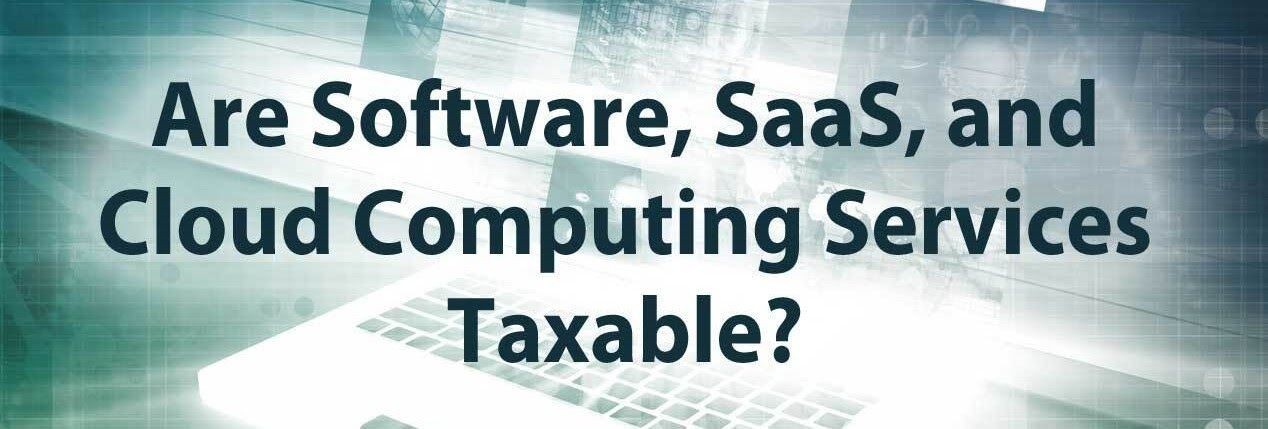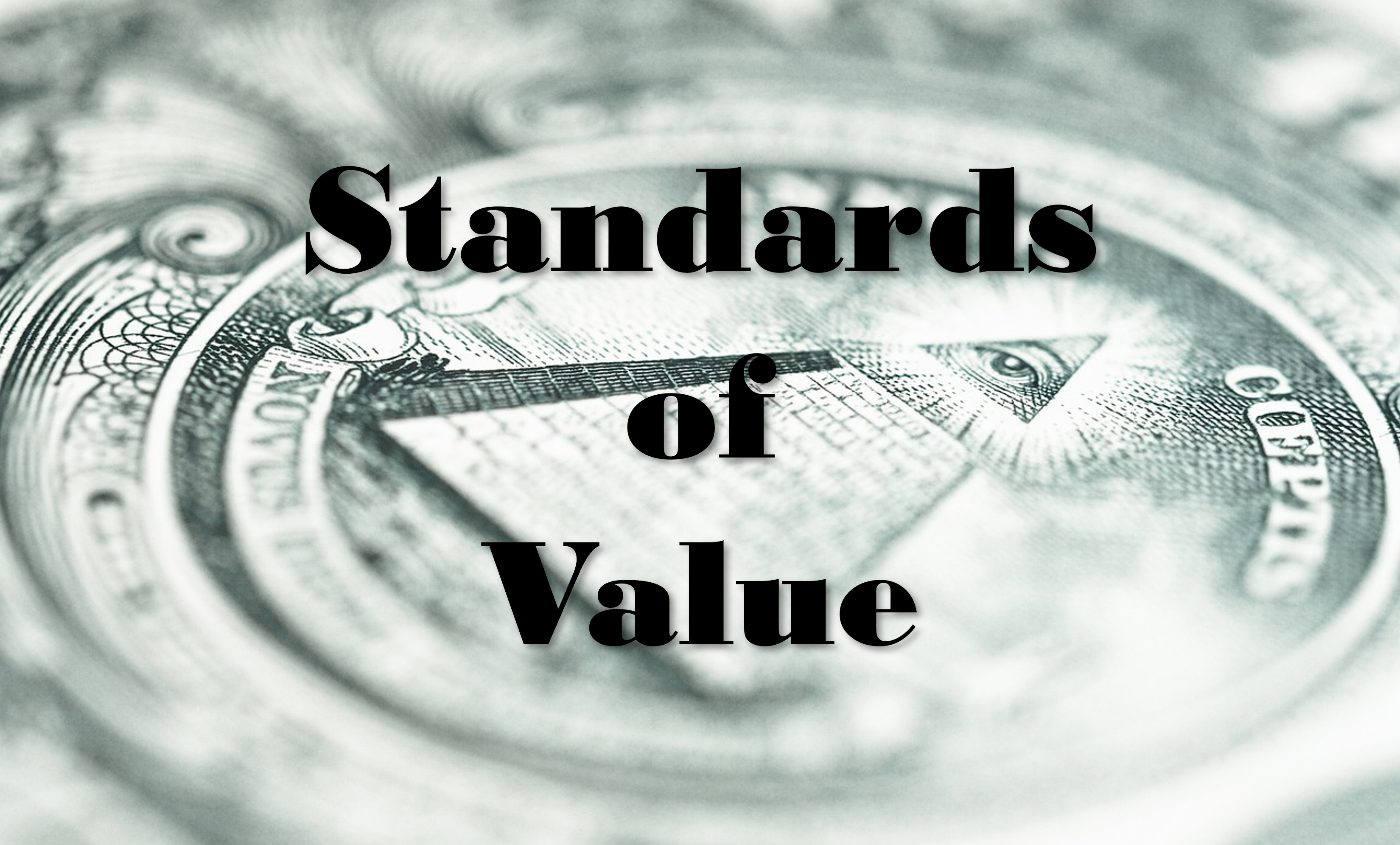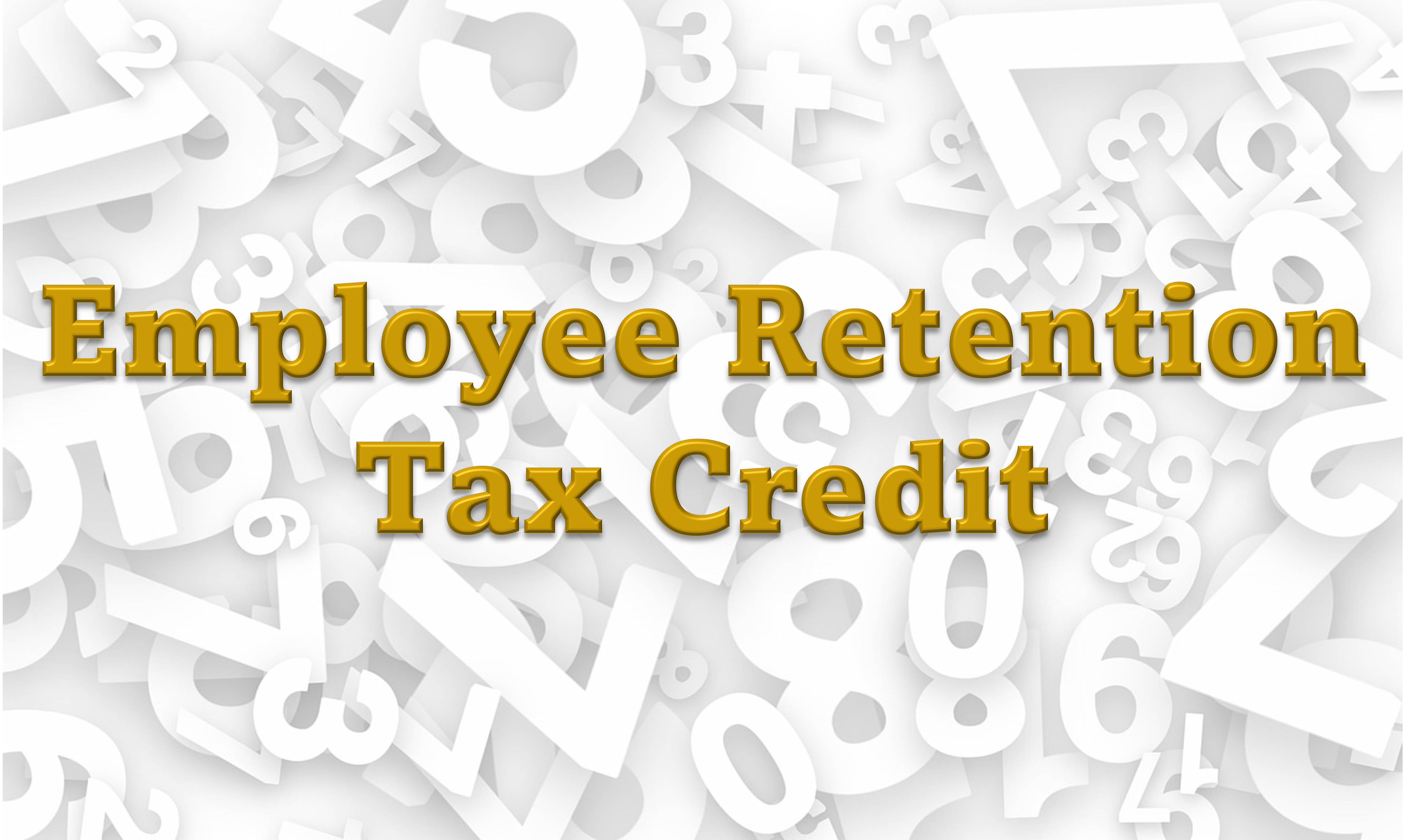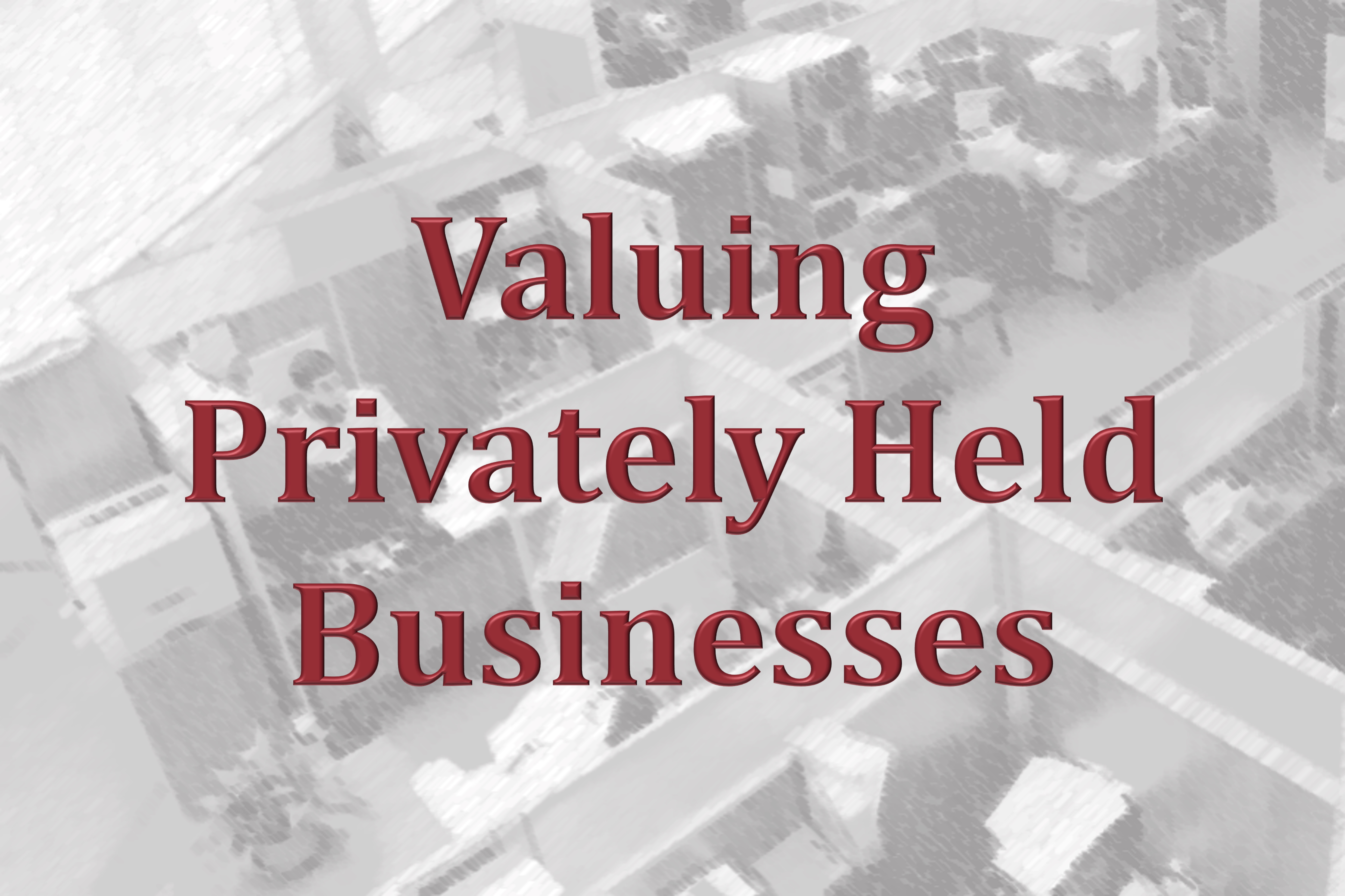Determination of the taxability of computer software and services in different states in the US can be ambiguous and taxing.
To better understand the taxability of software, the very first thing is to classify the sale of software – whether they are sales of:
- Packaged /Prewritten software delivered in tangible personal property;
- Packaged /Prewritten software downloaded/delivered in electronic format;
- Packaged software delivered in tangible personal property;
- Custom software downloaded/delivered in electronic format;
- Software as a Service (SaaS), or
- Modification or customization of Packaged /prewritten
Computer software industry is a fast-evolving industry, each day witnessing a totally new product entering into the market. The industry started with data being processed and transferred in physical form and changed to digital form. Transition to digital form is not an end of the journey. Lengthy computer codes called computer programs changed into object-oriented programming, which later changed to open source languages which are made for general purpose. The current trend is application-based programming popularly known as “Apps.” It is hard to keep up or understand the nature of each product in this industry and try to fit it within the ambit of sales tax laws enacted long ago. Although most of the states are rapidly updating their laws in order to bring all the products within the ambit of taxability, the clarity is far from reach. Each of the fifty states in the USA have their own law regarding taxability of
above-mentioned products or services. There is no general rule of taxability of these software, different states follow different rules and definitions. In order to determine whether a software product or service is taxable or not, we need to deeply understand the nature of product, the process or method of transferring the product from seller to buyer and the contract or agreement entered between the parties.
The other aspect that needs to be looked upon is the method of quoting the price of the product. Delivery of software involves a lot of steps; few examples may be the following.
- Understanding the client’s current business;
- Analyzing & designing or improving the client’s systems;
- Developing custom software;
- Buying prewritten software and modifying to suit the client specific requirements;
- Providing licenses or subscriptions for the software;
- Software leases and rentals, and
- Providing maintenance and support to the client’s
All these steps may or may not involve transactions which are subject to sales tax. It is imperative for the software provider to seek professional advice for formulating the contract or agreement, registering with the state, filing sales tax returns and following all other filing requirements.
A lot of research goes in understanding and deciding whether a particular transaction is taxable in each state or not. Some states tax most of the software products and some taxes all. There are few states which do not tax any software product or services.
Last but not the least, taxability depends on the state in which the transactions happened, method in which the product is delivered and way the product is invoiced.
If you need assistance regarding this topic, please reach out to us at (469) 467-4660, or info@ahujaclark.com.






